Truth, Lies, and Outsider Art: A Profile of Greg Bottoms
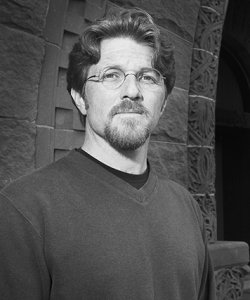
Greg Bottoms has demonstrated that the truth is rarely black and white in all three of his books of creative nonfiction, but never more vibrantly than in his latest, The Colorful Apocalypse.
Jump to navigation Skip to content
Articles from Poet & Writers Magazine include material from the print edition plus exclusive online-only material.

Greg Bottoms has demonstrated that the truth is rarely black and white in all three of his books of creative nonfiction, but never more vibrantly than in his latest, The Colorful Apocalypse.
In our seventh annual profile of first-time fiction writers, we introduce Rishi Reddi, Jeff Hobbs, Frances Hwang, Phil LaMarche, and Sunshine O’Donnell.
For eight years readers have anticipated Nathan Englander’s follow-up to his wildly successful debut story collection. With the publication of The Ministry of Special Cases, the wait is over.
In ten years, Tom Bissell went from being a directionless dropout to the acclaimed author of four books.
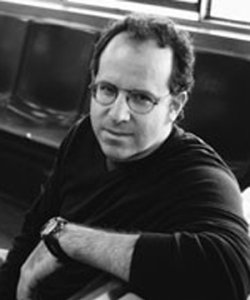
In his new novel, Jamestown, small press superstar Matthew Sharpe turns to history—sort of.
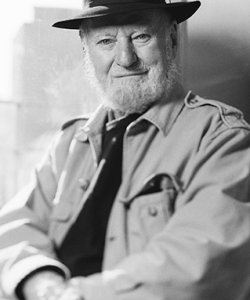
An interview with poet Lawrence Ferlinghetti about the Beat generation, City Lights Bookstore, and Ezra Pound.
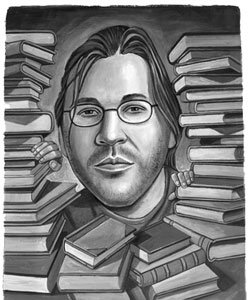
Whether it’s a thousand-page novel, a single-paragraph story, or a footnoted essay, the elusive author always offers a complicated—and sometimes maddening—reading experience. But is there more to David Foster Wallace than words on a page?
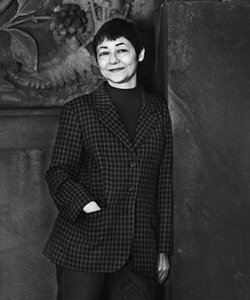
In five books written within the past eleven years, incuding The Last of Her Kind, Sigrid Nunez has obscured and sometimes just ignored traditional distinctions of genre by blending elements of fiction and autobiography.
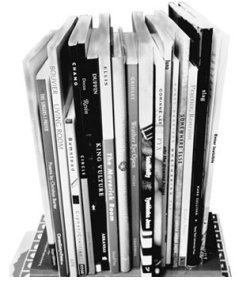
The eighteen poets featured here represent only a fraction of the debut books published in 2005, yet they are emblematic of the diverse community of poets who have recently forged their own paths to publication.
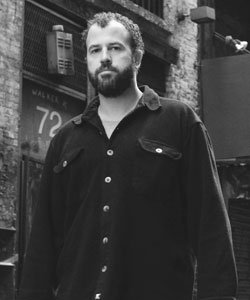
Two years after publishing a brutal, unflinching account of his drug addiction, James Frey is showing signs of becoming a kinder, gentler writer in his second memoir, My Friend Leonard.
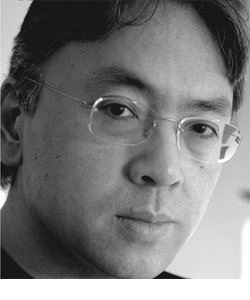
What if genetic cloning had become the defining science of the 20th century? The main characters of Kazuo Ishiguro's new novel contend with such a world—and its moral consequences.

Elizabeth Gaffney, Adrienne Miller, and Adrienne Brodeur—three high-profile magazine editors who recently added "debut novelist" to their resumés.
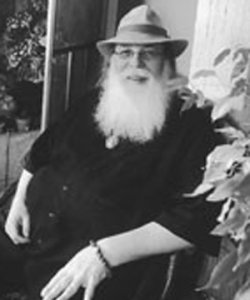
After a 10-year hiatus from publishing, Norman Dubie has returned with an award-winning volume of collected and new poetry, a 400-page sci-fi poem, and his latest, Ordinary Mornings of a Coliseum.
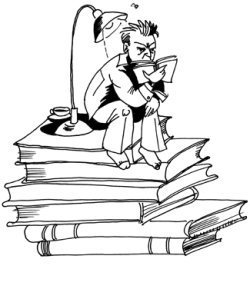
Reviewers are accused of having agendas and of cronyism, are called show-offs and career-killers. It's a lot of heat to take for some free books, a few bucks, and a byline.
In her Pulitzer Prize–winning first book, The Interpreter of Maladies, Jhumpa Lahiri explores the struggle of first- and second-generation Indian Americans bridging the gap between the country they call home and the heritage that defines them. Her much-anticipated first novel, The Namesake, explores a similar theme.
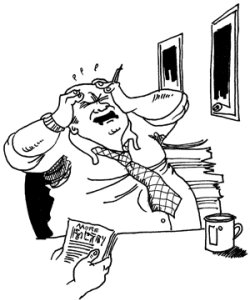
Book review editors—those powerful yet inundated tastemakers who choose from the more than 130,000 new books published each year the mere shelfful that are reviewed—get used to (and bored with) having nasty motives ascribed to them. This second installment of a three-part series on book reviews examines the subject at hand from the perspective of the assigning editors, who would like to set the record straight.
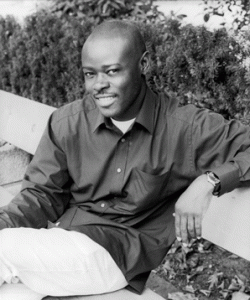
Helon Habila read novels as a boy to shelter himself from the brutal reality of his country’s political instability. Now, the author of Waiting for an Angel believes his generation of Nigerian novelists should help change that reality.
So how did John Dufresne—the eldest of four children of French-Canadian parents, a boy who grew up in the Catholic, blue-collar Grafton Hill neighborhood of Worcester, Massachusetts, a boy for whom it was beyond imagining that a man might find his vocation in words—become a noted short story writer, a sought-after teacher of creative writing, and the author of three acclaimed novels, two of which are set well below the Mason-Dixon line? In part, the answer is a keen ear for the music of language and an eye for the telling detail.
Ethiopian exile Nega Mezlekia's memoir, Notes From the Hyena's Belly, details his remarkable boyhood in Jijiga, a city in the eastern part of the Horn of Africa built on a "dry, sandless desert where even the smallest wind creates devils—whirlwinds of dust that rise high into the heavens and are visible from miles away."
Elizabeth Alexander's new collection, Antebellum Dream Book, deals with the image of the body, a theme she visits often in her previous works. "If you let a body speak," she says, "it gives you access to all sorts of concrete sensations that are vital, the stuff of poetry, the way a poem convinces." In this interview with Natasha Trethewey, Alexander speaks to her use of race, urban life, history, and of course, the body.
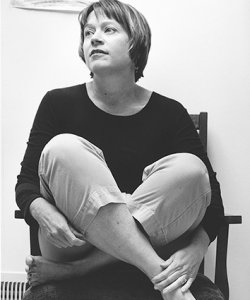
In such a saturated culture, how can a poet clear away uninfluenced space from which to write a poem that is authentic, original?

The author of the story collections CivilWarLand in Bad Decline and Pastoralia talks about working in a slaughterhouse, Monty Python as validation, earnestness as the enemy, and his uncanny ability to find humor in unlikely places.
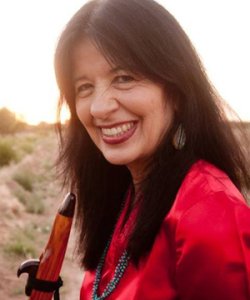
Poet Joy Harjo talks about how the women’s movement, jazz, and Native American and mainstream U.S. culture have influenced her work.